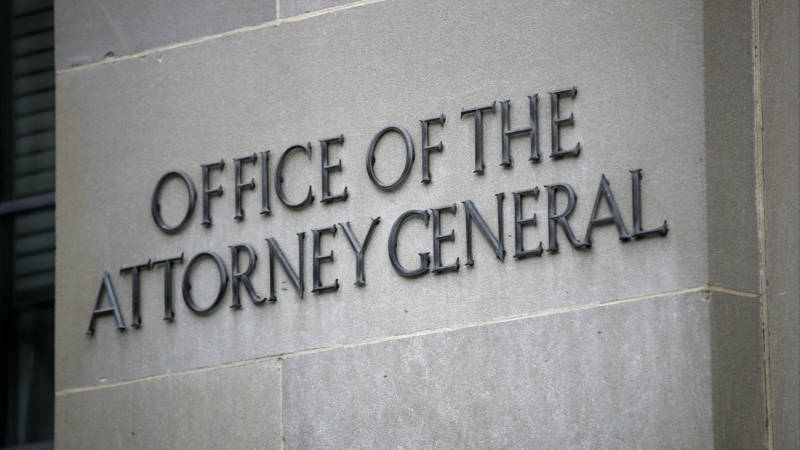“The Justice Department upholds the rule of law — and we owe it to the victims and their families to carry forward the sentence imposed by our justice system,” Barr said in a statement.
The federal execution protocol had previously utilized a three-drug cocktail; the DOJ says that it will now use just one drug, pentobarbital.
And as NPR Justice Correspondent Carrie Johnson reports, one reason the U.S. government has not carried out executions since 2003 was because of problems obtaining the previous three-drug protocol. “There have been shortages for at least one of those drugs,” she adds, and that scarcity has made it difficult for the federal system to actually carry out death sentences.
Barr says federal courts have upheld using pentobarbital alone in execution as consistent with the Eighth Amendment, which prohibits cruel and unusual punishment. Other combinations of drugs have faced significant legal challenges.
The first of the federal executions is scheduled to take place on Dec. 9. Daniel Lewis Lee was found guilty of murdering three members of a family, including an 8-year-old child. According to the DOJ, Lee is a member of a white supremacist group, and he was convicted by a jury at a federal court in Arkansas in 1999.
In the past 10 years, at least five states — New Mexico, Illinois, Connecticut, Maryland and New Hampshire — have abolished the death penalty, according to the National Conference of State Legislatures. And in March, California Gov. Gavin Newsom put an executive moratorium on his state’s death penalty.
As of March 2019, there were 737 condemned inmates on California’s death row, the largest in the nation. Newsom’s order prevented the state from putting them to death by granting temporary reprieves.
In two more states — Washington and Delaware — courts recently ruled that their capital punishment laws are unconstitutional.

